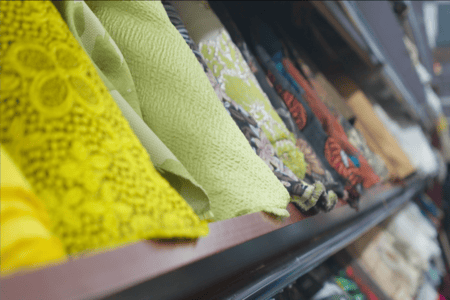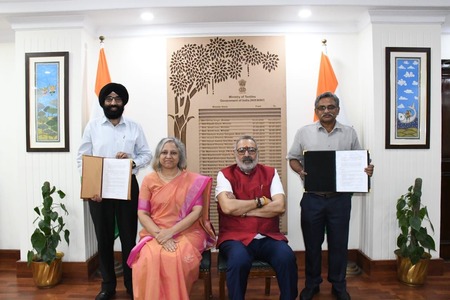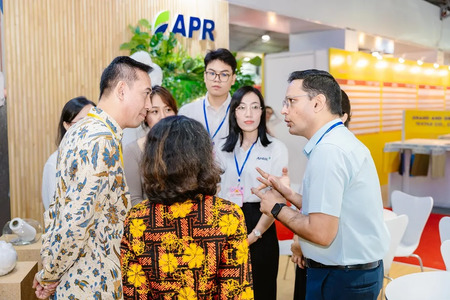
Swedish re:newcell AB focus on developing sustainable fashion industry
YarnsandFibers News Bureau 2016-04-19 13:00:00 РKRISTINEHAMN,Swedish re:newcell AB, a technology company focusing on developing sustainable processes for recycling textiles in order to more efficiently use the resources available today has, in its Stockholm lab, developed a technology that makes it possible to take waste from the textile industry and from it produce new pulp. Such pulp is called dissolving pulp, and is today made from trees (for example, Lenzing, Șdra or AdityaBirla). Dissolving pulp is mainly used to manufacture textile fibre materials such as Viscose or Lyocell. Until today it has not been possible to make new high quality textiles from recycled fabric.
The global textile demand is currently some 90 million tons per year. Natural materials (such as cotton and viscose) represent only about one-third. The remaining fibres are mainly oil-based materials such as polyester, elastane and nylon. Being able to increase the amount of natural materials by extending the life of already available resources is a top priority both among consumers and among the big fashion companies. Until now, it has not been possible to recycle cotton into the quality that fashion industry demands, but with re:newcell pulp this becomes possible.
The technology development has been ongoing since 2012 and now the process has matured to such a degree that the company is investing EUR 8 million to build an initial production line. The construction takes place inside the AkzoNobel facility in Kristinehamn, Sweden, some two hours from Stockholm.
The company’s chairman Malcolm Norlin said that they are very pleased to now be able to move forward and contribute to realizing the dream of a sustainable textile industry. Kristinehamn is located in the Paper Province in Värmland and gives them access to great skills when it comes to resource-efficient mass production. They consider it very positive that they can operate from a first-class facility such as AkzoNobel’s in Kristinehamn.
e:newcell is a small technology company that was founded in January 2012 by a group of researchers from KTH Royal Institute of Technology and a small investment company. The company has through this co-operation accomplished a new ground breaking recycling process of cotton and other cellulosic textiles such as viscose into new textile fibres.
The first re:newcell production of a fully recycled garment was presented at a fashion show during the first week in July on Gotland, Sweden in 2014. The garment is a breakthrough for the textile recycling industry.
re:newcell's aim is to become a world leading company in providing environmentally friendly processes within the field of textile recycling.
Market Intelligence
Ask for free sample Report

experience
Customer Base
dedicated team
Countries Served Worldwide









